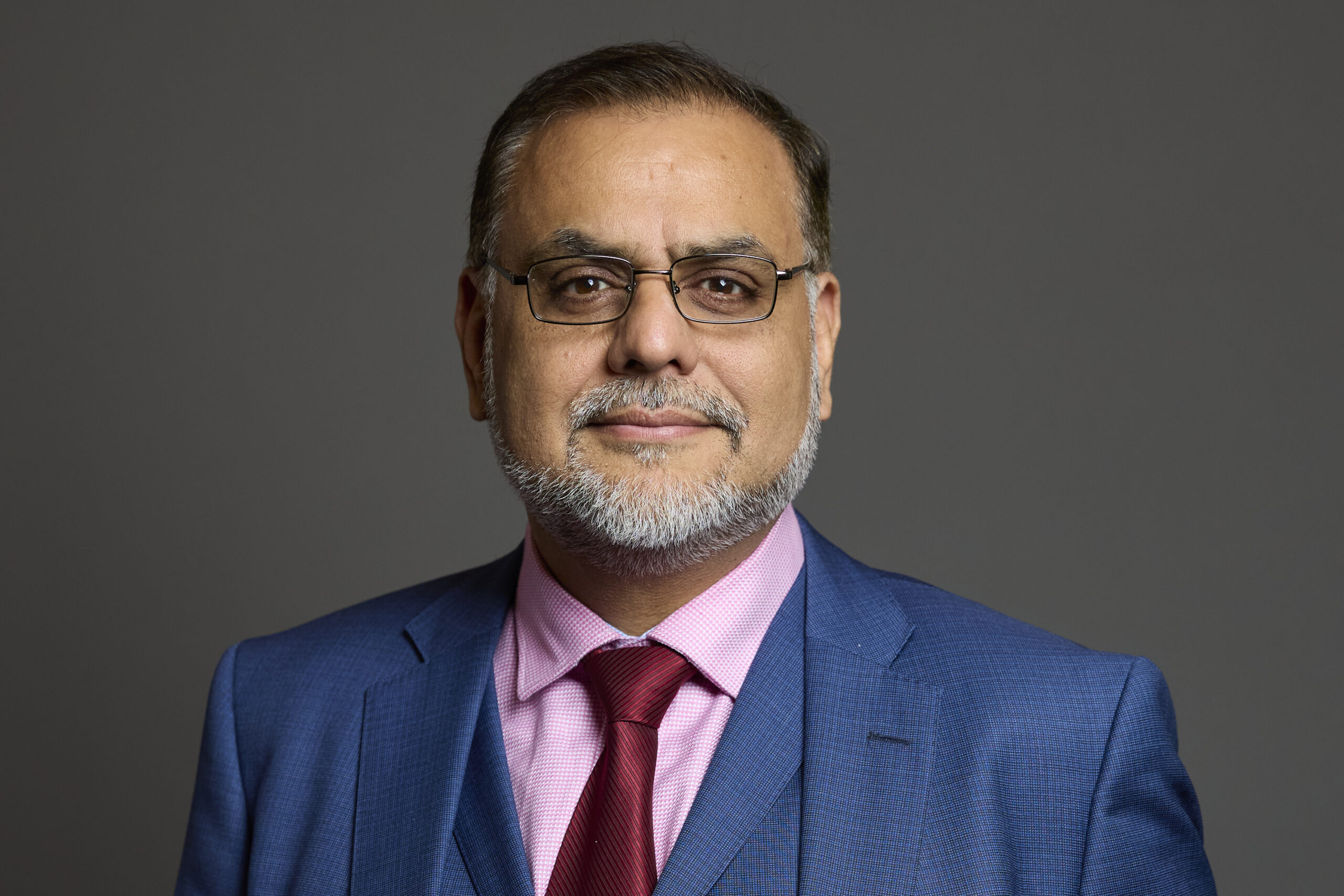The quiet, often unseen work of coroner services forms a crucial pillar of our society – a system we will all rely upon someday. Yet this vital service faces a crisis that demands urgent government attention. The delays in the post-mortem process are not mere bureaucratic inconveniences; they are inflicting deep wounds on grieving families, particularly those whose religious traditions mandate swift burial. To postpone this final act of dignity is to prolong agony, disrupt faith, and undermine the very essence of human decency.
For many within the Muslim and Jewish communities, the imperative for immediate burial – ideally within 24 hours of death – is a non-negotiable tenet of their faith. However, the stark reality in the West Midlands – and beyond – is a far cry from this ideal, and without urgent intervention, it will remain that way indefinitely.
The human cost of these delays is immeasurable. In Parliament, I was able to share the story of a prominent brain surgeon in my constituency – Birmingham Perry Barr – whose father’s funeral was delayed for over a week. The disruption not only amplified the surgeon’s personal sorrow, but also had tangible professional and economic repercussions – cancelled appointments, postponed surgeries, working days lost to the grieving process. This all-too-common experience serves as testament to the unforeseen and far-reaching impacts that these systemic inefficiencies can have on day-to-day life.
The blame for these unacceptable delays lies squarely with the chronic under-resourcing of coroner services. While dedicated professionals within the system continue to work tirelessly under immense pressure, reform is not coming quickly enough to keep pace with demand. Factors such as a growing and increasingly diverse population, with its attendant rise in specific religious requirements, have exacerbated the strain on an already overburdened system. Without sufficient administrative support and access to crucial modern technologies, this trend will only continue.
The absence of essential tools like machines designated for non-invasive autopsies represents a missed opportunity. For families whose faith prohibits invasive post-mortem procedures, such innovations would empower coroners to obtain the necessary information without undermining religious mandates. Embracing such advancements not only satisfies criteria of cost and time efficiency; it is about demonstrating cultural sensitivity and respect for diverse community needs.
Furthermore, the predominantly Monday-to-Friday operation of coroner services creates significant challenges for families facing weekend deaths. Death does not adhere to normal working hours – our coroner services must be constructed with this fact in mind and receive the means needed to reflect that reality. At the heart of this change lies the expansion of opening hours and corresponding increase in staff.
Adding to the frustration is the reported trend of Members of Parliament being discouraged from contacting coroner’s offices on behalf of their constituents. To frame such advocacy as “encroachment” fundamentally misunderstands the role of an MP as a voice for their community. When grieving families feel helpless and unheard, their elected representatives are a natural point of contact. Seeking prioritisation in cases with urgent religious considerations is not an attempt to influence findings but to insert compassion and urgency into a process that is failing some of its most vulnerable users.
Addressing this crisis demands a multi-pronged approach, with a significant increase in government funding at its core. This investment must translate into the recruitment of more pathologists and coronial officers, the provision of state-of-the-art facilities – including MRI- and CT-scanning capabilities – and the extension of service availability to seven days a week. Beyond financial support, we need clearer protocols that recognise the need for expedited burials in accordance with religious beliefs, reinforced by comprehensive training and the cultivation of cultural competency within coroner services, registrars, and local councils.
Ultimately, the issue of government support for coroner services transcends partisan politics and religious affiliation. It is a fundamental matter of human dignity and compassion, regardless of one’s faith. With reform and investment, the government can alleviate suffering, plug hidden drains on the economy and demonstrate a commitment to serving all communities with respect and understanding. If we are to build a coroner services that accommodate all cultures and places compassion at its very heart, the time for action is now.
Post-Mortem Purgatory: The Hidden Crisis In Our Nation’s Coroner Services, And How To Fix It


